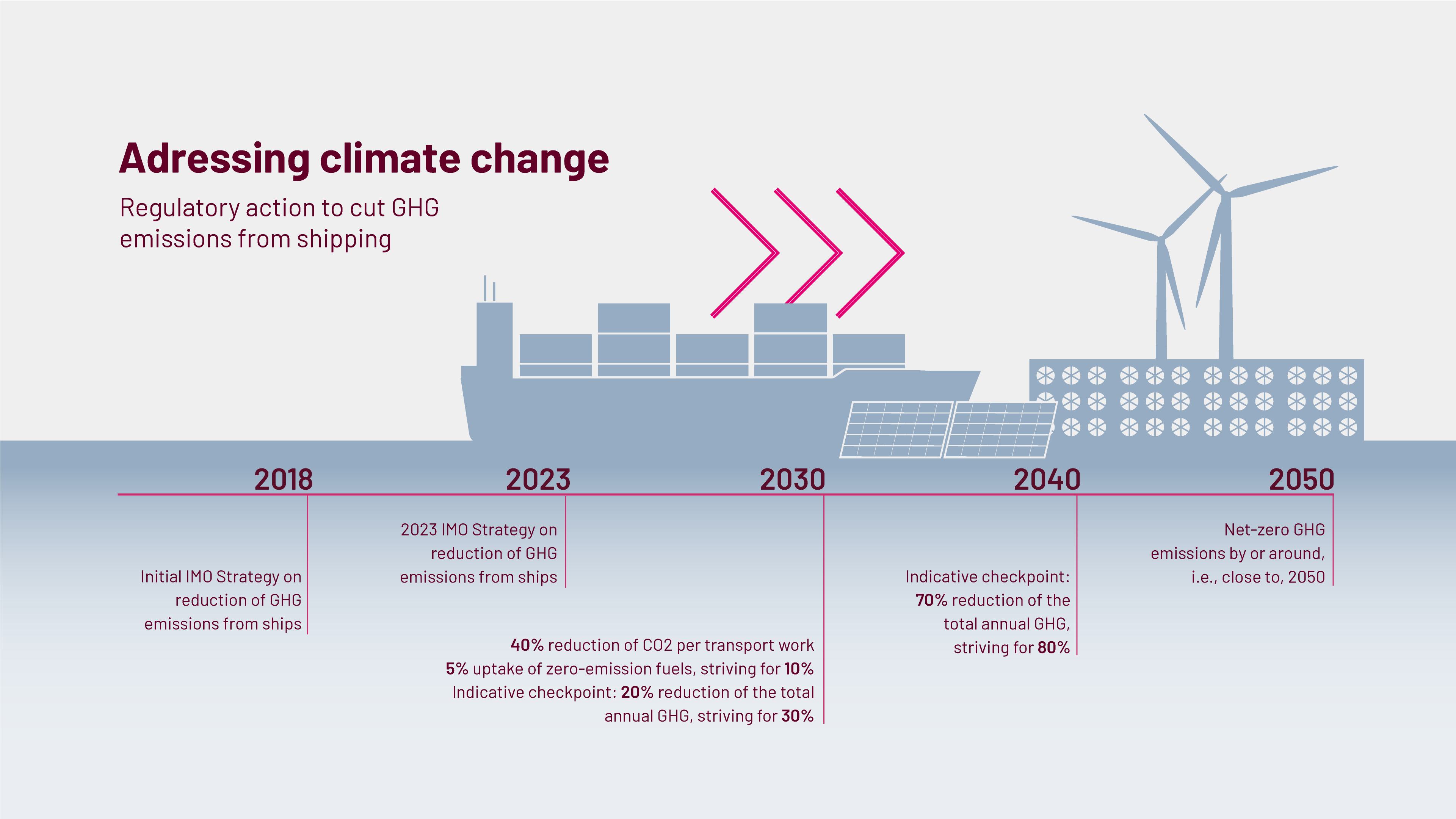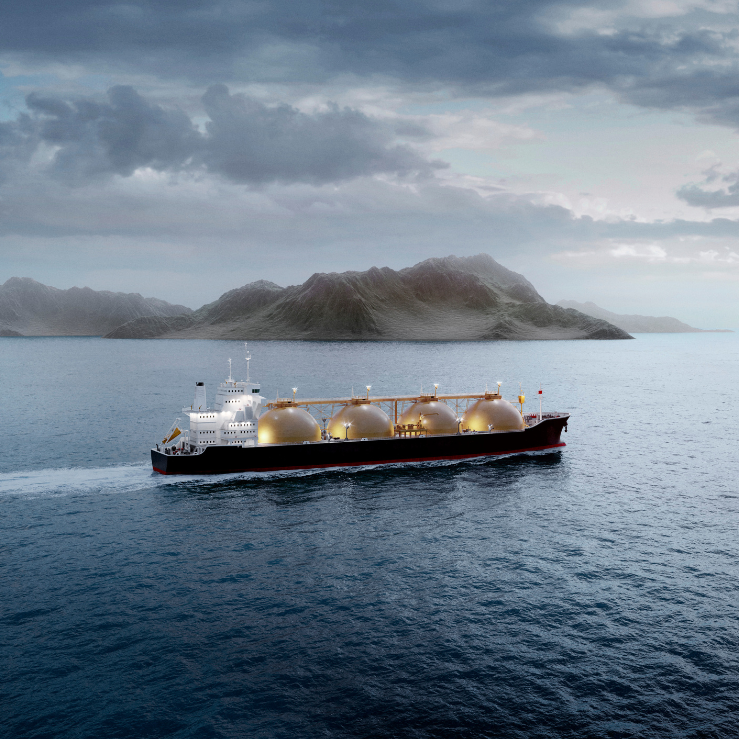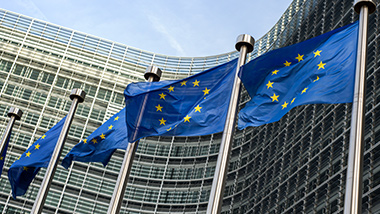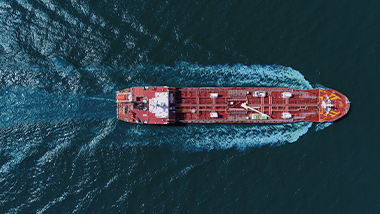Energy Efficiency Existing Ship Index (EEXI) and the Carbon Intensity Indicator (CII)
To support the implementation of the strategy, two measures entered into force in 2023: the Energy Efficiency Existing Ship Index (EEXI) and the Carbon Intensity Indicator (CII). These measures are legally binding and are expected to drive down emissions, although their current iterations may not be stringent enough to achieve the strategy's goals. CII are set to be revised by no later than January 1, 2026, to potentially include more effective regulations.
At the end of the MPEC81, the IMO secretary general Arsenio Dominguez stated;
“To achieve the goals, concerted action is required, and this week your Committee will further consider proposals on candidate mid-term measures; a progress report on the Steering Committee on the conduct of the comprehensive impact assessment of the basket of candidate mid-term measures; and the further development of the life cycle GHG intensity assessment framework,” Arsenio Dominguez said.
At Arsenio Dominguez's opening speech at MPEC81, he added:
“Decarbonising the maritime industry is a big challenge, but also an opportunity to align the international shipping sector with global commitments on climate change and sustainability”.
The 2023 IMO Strategy set a new direction for the shipping industry towards decarbonisation. The industry faces a challenging path ahead in meeting these targets, requiring concerted efforts and innovation across all sectors involved in international shipping.
Read more about IMO and MEPC here.







